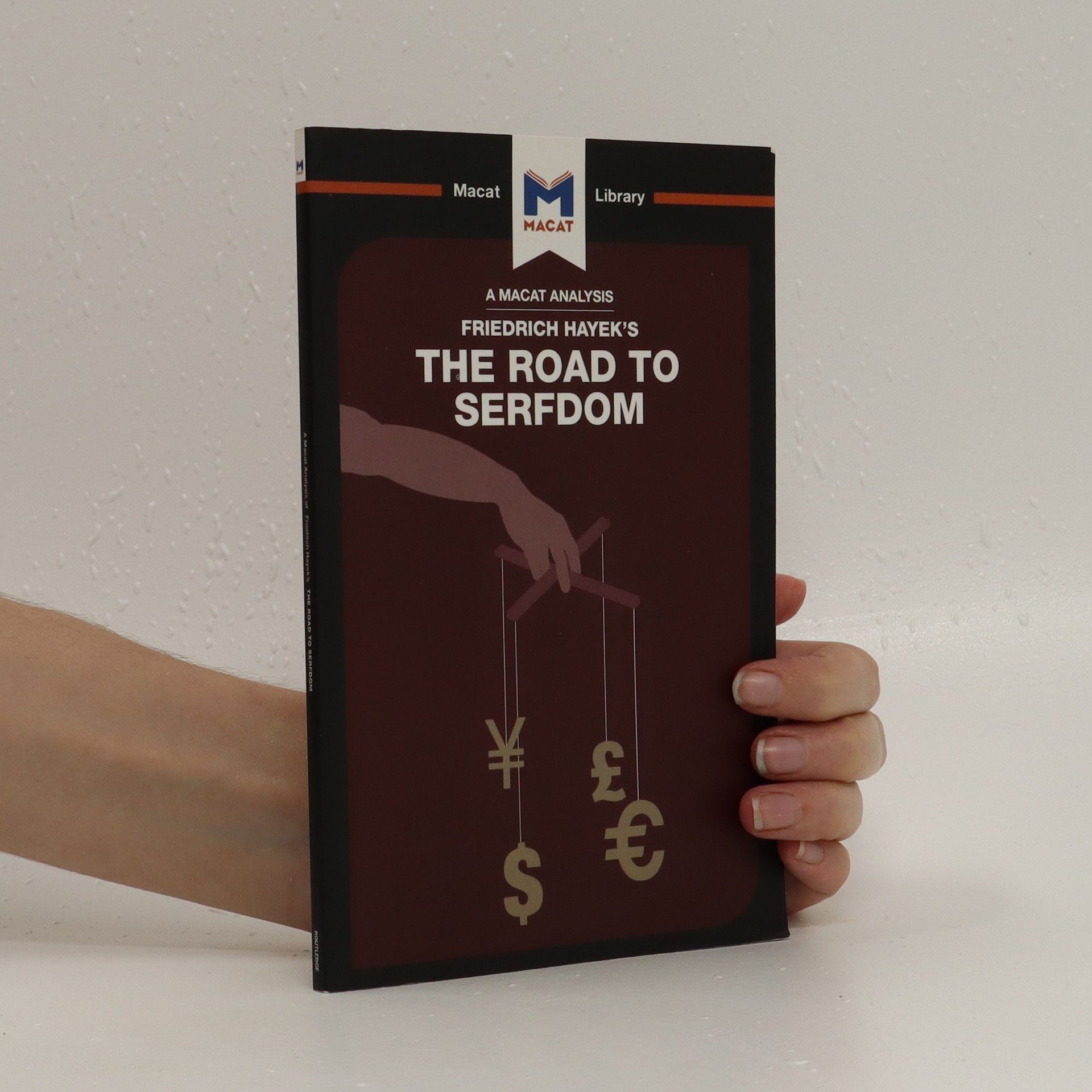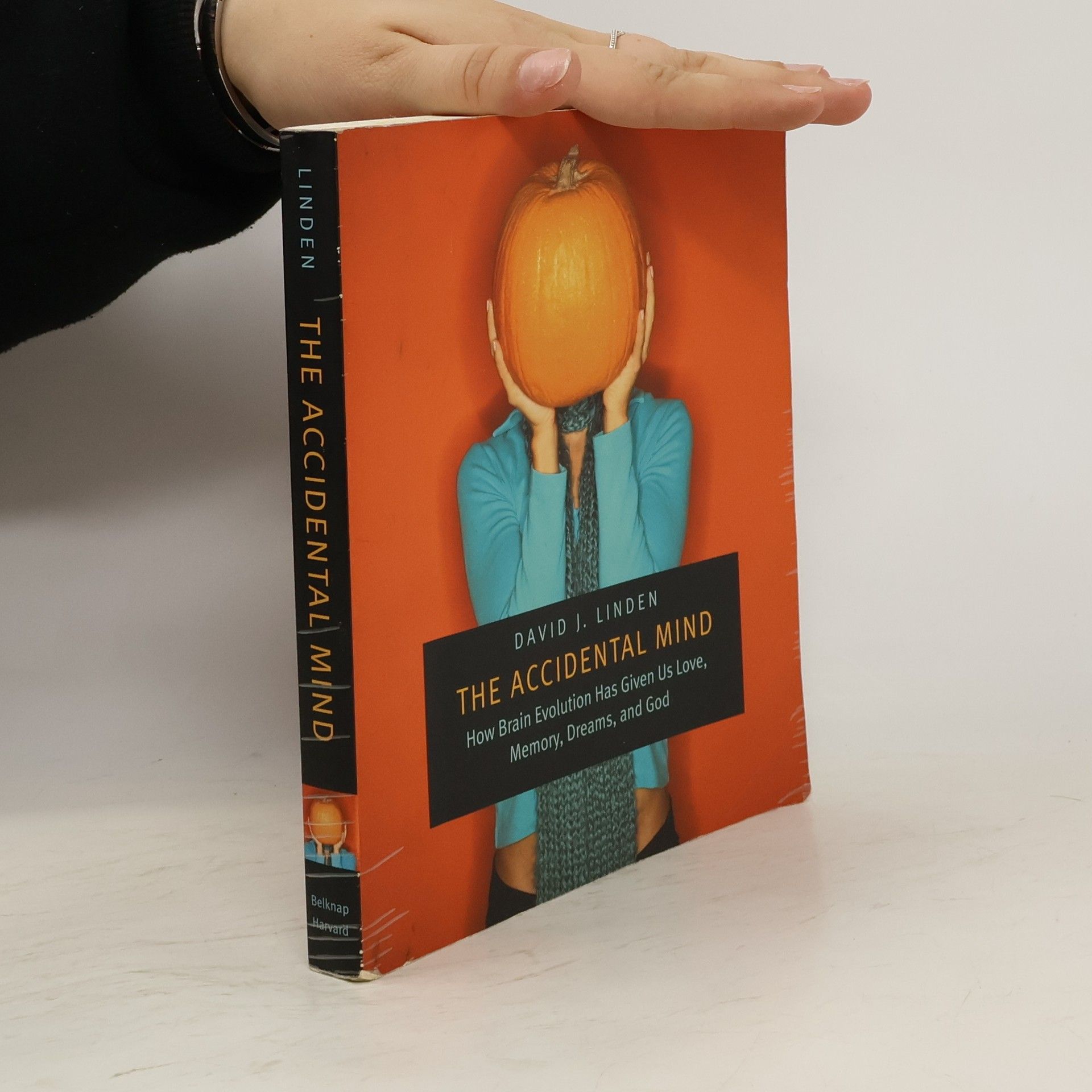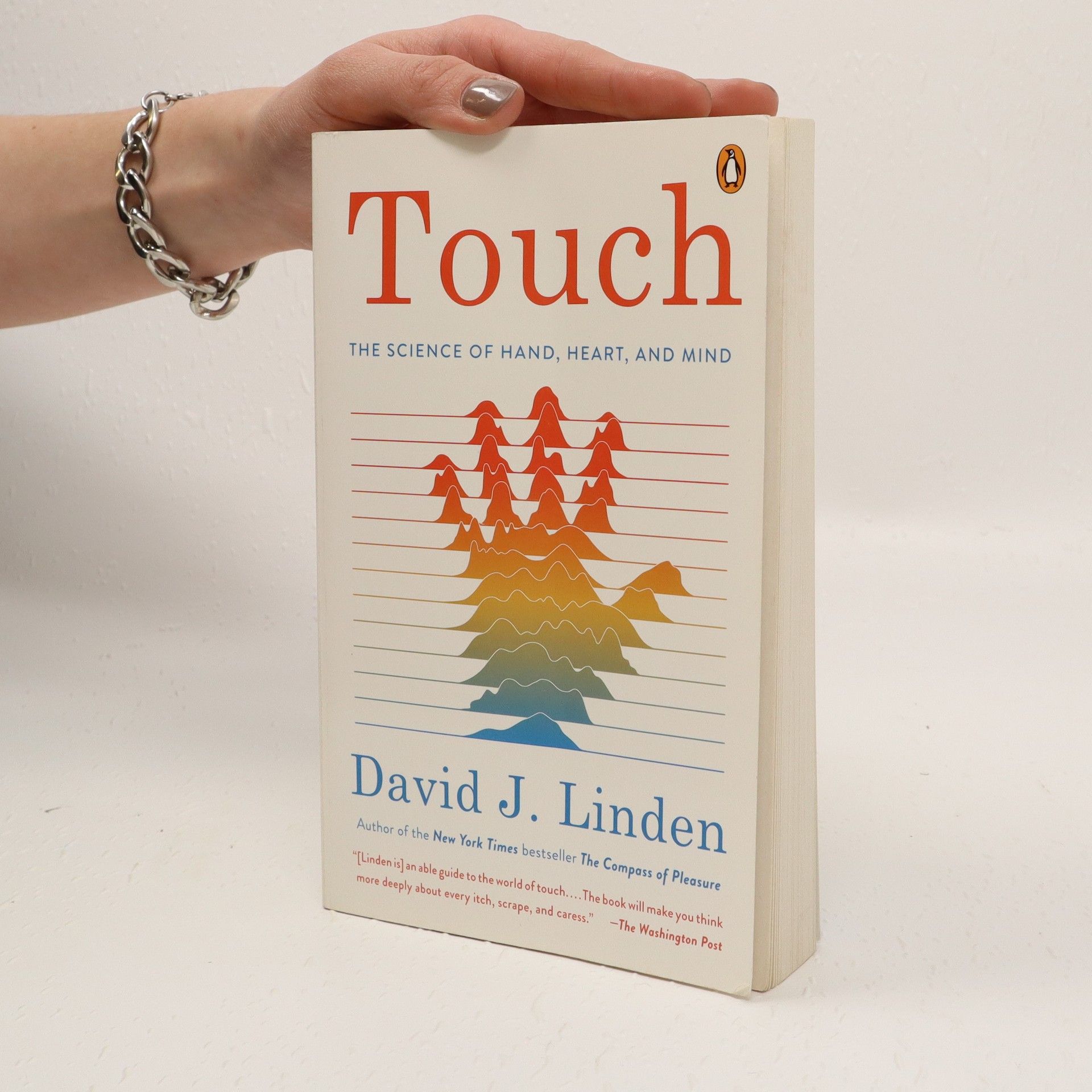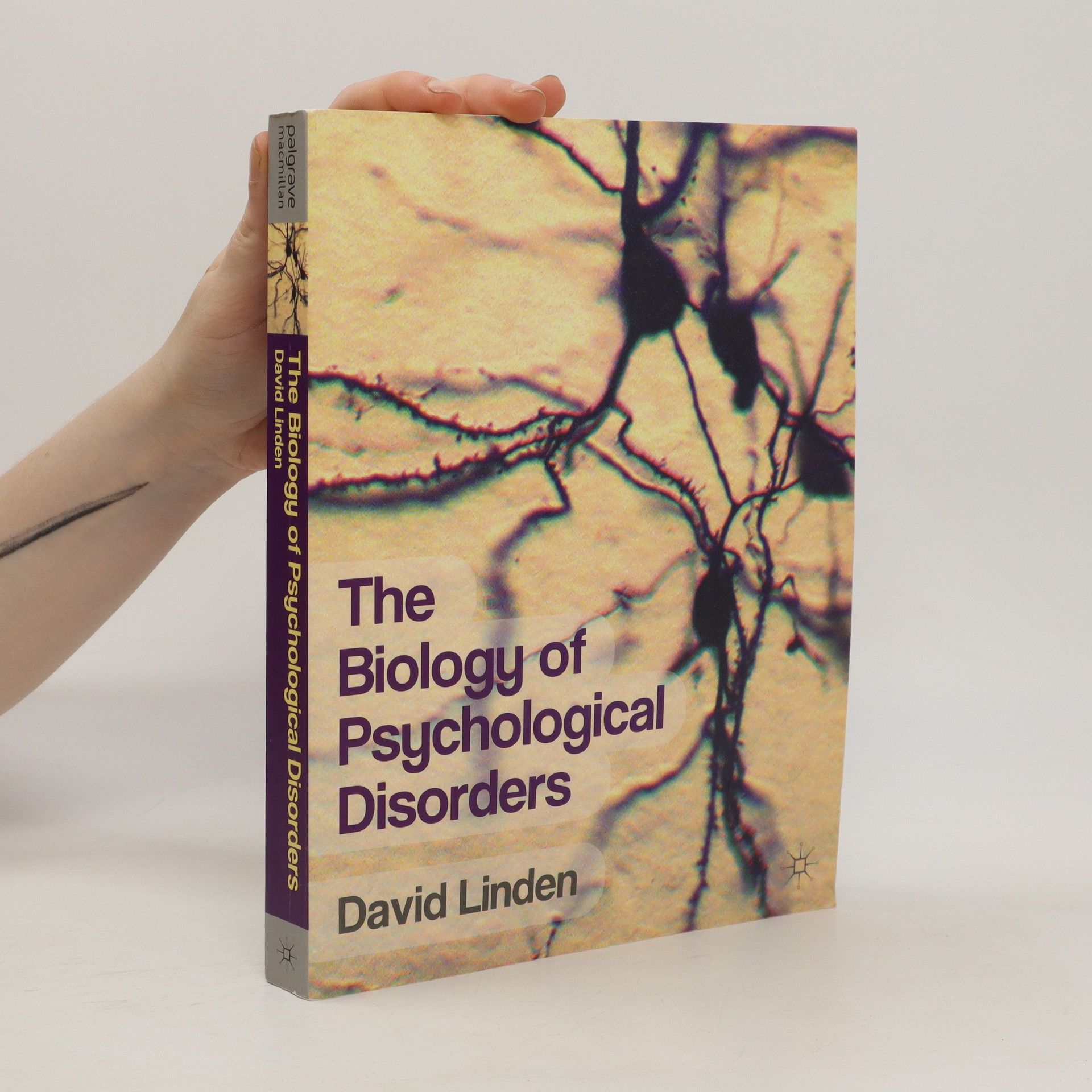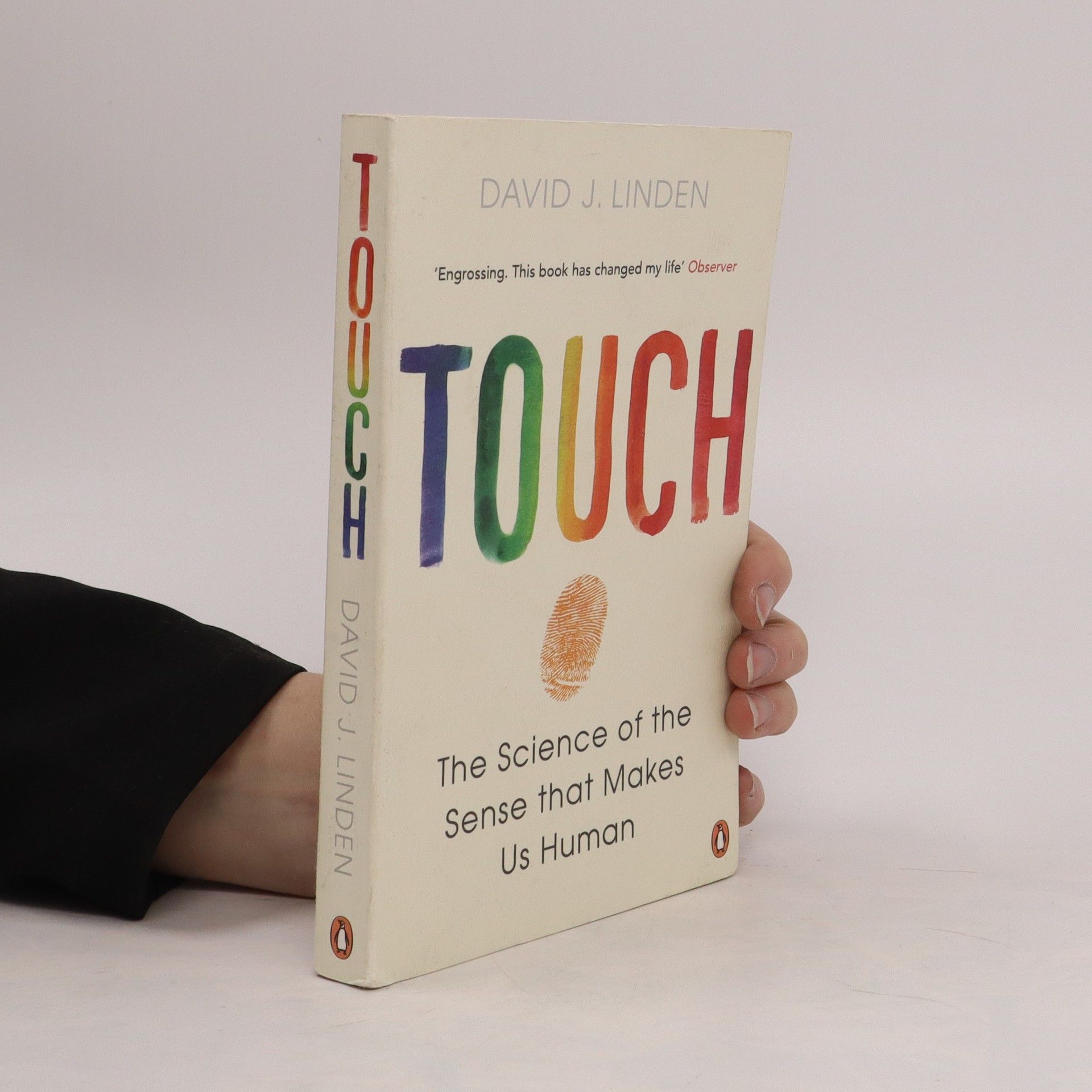W zakamarkach mózgu
- 360pages
- 13 heures de lecture
Zbiór intrygujących esejów autorstwa czołowych neuronaukowców, który analizuje dziwne i sprzeczne z intuicją aspekty funkcjonowania ludzkiego mózgu. David J. Linden, neuronaukowiec, zadał swoim kolegom pytanie: „Jaką koncepcję dotyczącą funkcjonowania mózgu chciałbyś wyjaśnić światu?”. Odpowiedzi te stworzyły unikalny zbiór tekstów popularnonaukowych, mający na celu poszerzenie wiedzy o umyśle i jego możliwościach. Autorzy, specjalizujący się w zachowaniu, genetyce molekularnej, biologii ewolucyjnej i anatomii porównawczej, poruszają różnorodne tematy, od osobowości, percepcji, uczenia się, piękna, miłości i seksu, po zastosowania neuronauki w marketingu. Eseje te wyjaśniają biologiczne podstawy naszego życia psychicznego oraz interakcje między doświadczeniem jednostki a kulturą i ewolucją. Linden i jego współautorzy otwierają nowe perspektywy na ludzki mózg i rozwijającą się neuronaukę, oferując fascynującą lekturę zarówno dla profesjonalistów, jak i miłośników nauki. Świadomość jest kluczowa dla zmiany, a zrozumienie tego, co kieruje naszym postępowaniem, stanowi istotny element tej wiedzy. Zgromadzona ekipa neuronaukowców dostarcza nie tylko odpowiedzi, ale także stawia ważne pytania, co czyni tę lekturę wartościowym doświadczeniem.

